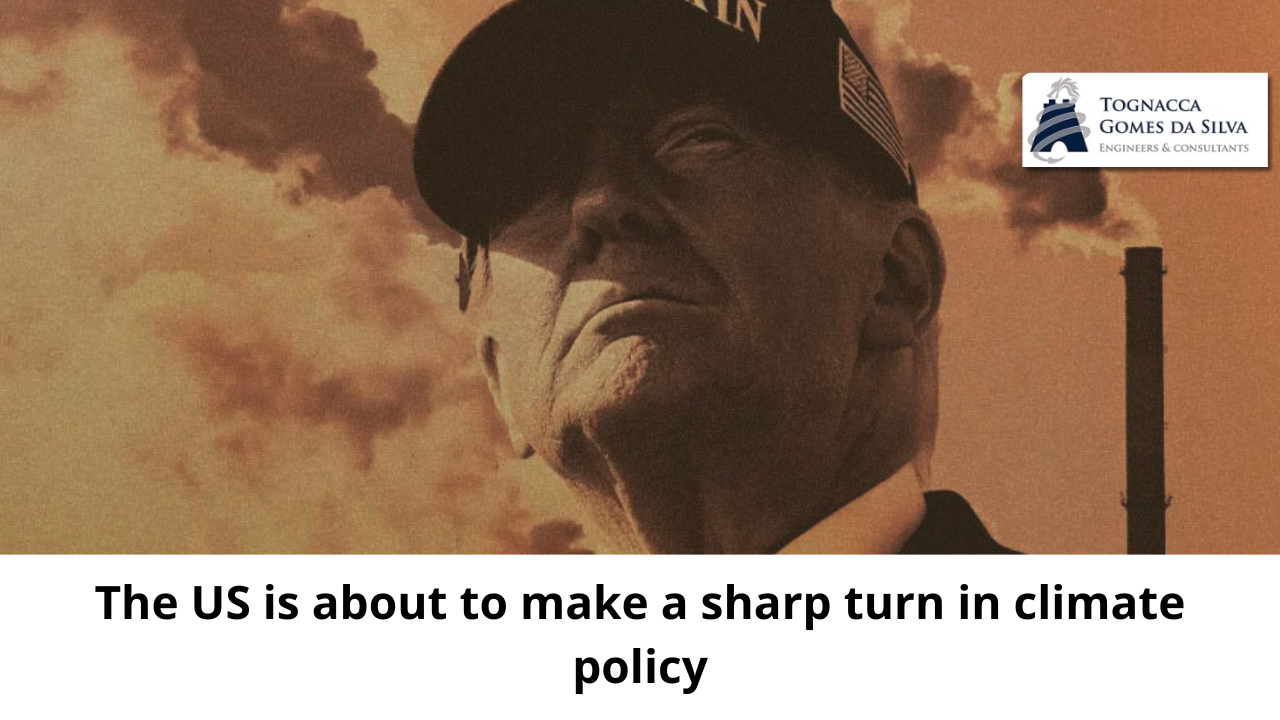Voters chose Donald Trump for a second term in the White House. In the days leading up to the election, I was reflecting on the impact of four years on climate change. We are at a time that demands decisive action to rapidly reduce greenhouse gas emissions in sectors such as power generation, transport, industry and across the economy if we are to achieve our climate goals.
Over the past four years, the U.S. has taken climate action seriously, collaborating with the international community and investing resources in solutions. Now, we face a period in which everything will be very different. A new Trump term will have implications beyond climate, but in this newsletter we will focus on what these four years mean for the next chapter in the climate fight.
Joe Biden has undoubtedly done more to combat climate change than any other American president. One of his first actions in office was to return to the Paris Agreement — from which Trump had withdrawn during his first term. Biden then set a national goal of cutting U.S. carbon emissions in half by 2030, compared with the previous peak.
The Environmental Protection Agency (EPA) has released rules for power plants to reduce pollution that affects both human health and the climate. The agency also introduced new regulations for vehicle emissions, encouraging the transition to electric vehicles.
The hallmark of the Biden years was unprecedented climate investment. Three bills — the Bipartisan Infrastructure Act, the CHIPS and Science Act, and the Reducing Inflation Act — pumped hundreds of billions of dollars into infrastructure and research, much of it focused on climate.
Now, that ship is about to make a quick turnaround. Donald Trump has frequently downplayed the threat of climate change and promised during the campaign to reverse some of Biden’s key actions.
We can expect a dramatic shift in the US stance on climate on the international stage. Trump has promised to withdraw the US from the Paris Agreement again. The annual global climate talks, which begin next week, will be tense.
We will also see efforts to undo some of Biden’s climate actions, with a focus on the Inflation Reduction Act, as my colleague James Temple analyzed earlier this year.
What Trump can actually do depends on Republicans’ control of Congress. Republican dominance would allow a direct attack on legislation passed under Biden.
(As of this article’s publication, Republicans have secured control of the Senate, but the situation in the House remains undefined and could take days or weeks to be finalized.). The Reducing Inflation Act is unlikely to be completely repealed — some of the investment is already paying off, and most of the funds have gone to Republican districts.
However, some points, especially tax credits for electric vehicles, will face challenges; Trump focused intensely on this issue during the campaign. All of this results in a climate trajectory very different from what many expected for the rest of the decade.
A second Trump term could add 4 billion metric tons of carbon dioxide emissions to the atmosphere by 2030, compared to what was expected in a second Biden term, according to an analysis published by the website Carbon Brief in April (before Biden give up the race).
The projection predicts an emissions reduction under Trump of 28% below the peak by the end of the decade — far from the 50% target set by Biden at the beginning of his term. The US, currently the world’s second-largest emitter of greenhouse gases and the country that has historically contributed the most to climate pollution, is unlikely to meet Biden’s 2030 target.
This essentially represents the final nail in the coffin for efforts to limit global warming to 1.5 °C compared to pre-industrial levels. In the coming days, weeks, and years, we will cover what this shift will mean for efforts to combat climate change and to protect the most vulnerable from the dangers of the world we are shaping—and, indeed, already living in.
( fonte: MIT Technology Review)



